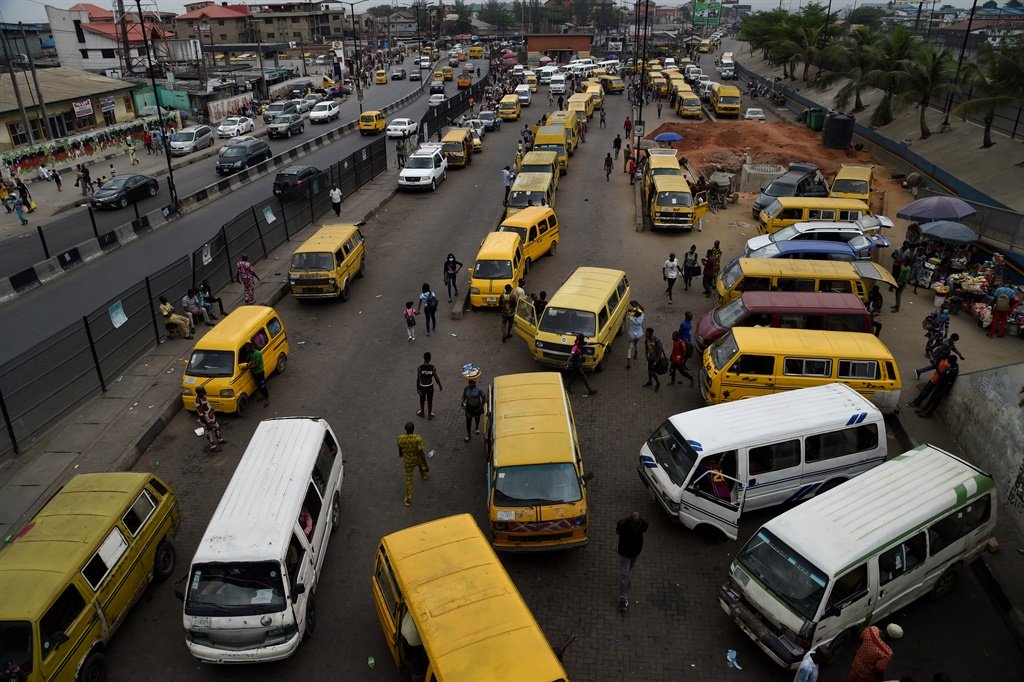

Kano, Nigeria – Hundreds of boys have their names
and temperatures checked as they wait to board buses in a northern Nigerian
city to transport them back to their villages.
The children are pupils of controversial Islamic
schools who would usually be found begging in the streets of Kano for small
change.
Now, they are the first batch in a programme that
seeks to curb the spread of coronavirus by clearing some 250 000 children from
the city’s streets and squalid seminaries.
“For now we have a total of 1 595 children
which we are going to evacuate,” Muhammad Sanusi Kiru, Kano’s education
commissioner, told AFP as the first buses readied to leave on Tuesday. “This
is a gradual process, we are doing it in phases, we are picking them
step-by-step.”
Usually a vibrant city of four million people, Kano
is the third hardest-hit area by the virus in Nigeria, with 73 confirmed cases
and one death.
Residents are under a week-long lockdown that has
seen roads emptied and people largely remaining indoors.
As part of the clampdown, the authorities have also
turned their attention to child beggars who, according to one estimate, could
number several million in this state.
‘No grave risk’
For generations, parents in majority-Muslim north
Nigeria have sent their sons from as young as six to learn the Quran with local
clerics at unlicensed schools known as “Almajiris”. The lessons are
free, but the children must fend for themselves, usually by begging or
performing menial jobs.
The seminaries – which often double as so-called “rehabilitation centres” for drug addicts – came into the spotlight
last year after raids across northern Nigeria uncovered men and boys held in
atrocious conditions.
Some residents were found chained up, while
hundreds were crammed together in filthy rooms.
In an open letter to northern leaders last month,
the civil society Almajiri Child Right Initiative called for the children to be
taken home and feeding programmes to be laid on for those left behind.
“Formal schools in different parts of the
country have been suspended to control the likely spread of the pandemic…
(but) similar measures have not been implemented in Almajiri schools,” the
group wrote.
Given the “dire” conditions these
children already face, “we believe there is no environment of graver risk”,
it said.
‘Only a fraction of actual number’
Kano is following in the footsteps of nearby Kaduna
and Nasarawa states, which last month sent hundreds of children to their
parents as part of a resolution by 19 northern governors to tackle begging in
the fight against coronavirus.
A committee in Kano state said on Monday it had
identified 251 893 child beggars to send back home.
The authorities made radio appeals to clerics to
evacuate their pupils – and the 1 500 boys collected so far were those “willingly ready” to go.
“The teachers who brought these children to
Kano are the ones voluntarily calling us now to come and pick these
children,” education commissioner Kiru said. “We are not compelling
them to leave the state.”
But social activist Saminu Dala said the 251 000
young beggars “are only a fraction of the actual number and the government
needs to widen its search”.
“In an emergency like this you need to be
stern and employ the might of the state to take these children out.”
Even reaching the figure of a quarter of a million
may be wildly ambitious.
According to a 2017 survey, three million children
out of the 13.4 million population of Kano state were beggars.
In February, prior to the outbreak of coronavirus
in the region, the state announced it was banning street panhandling.
The state Sharia law police, known as the Hisbah,
were ordered to arrest any clerics and parents who failed to comply.
But an initial crackdown saw only 1 500 children
returned to their homes in neighbouring states before the enforcement lost
steam.
Stay healthy and entertained during the national lockdown. Sign up for our Lockdown Living newsletter. Register and manage your newsletters in the new News24 app by clicking on the Profile tab
